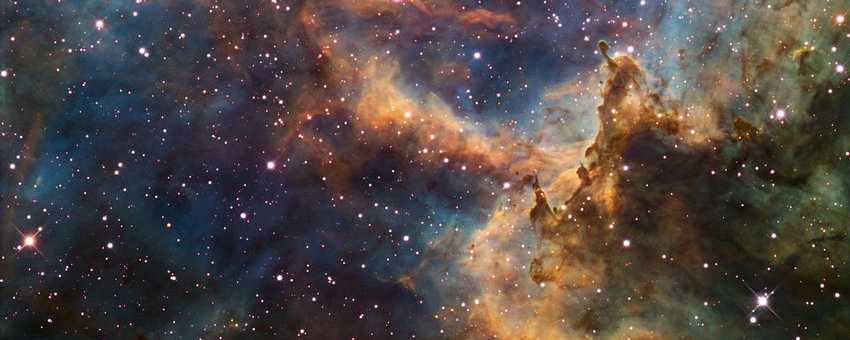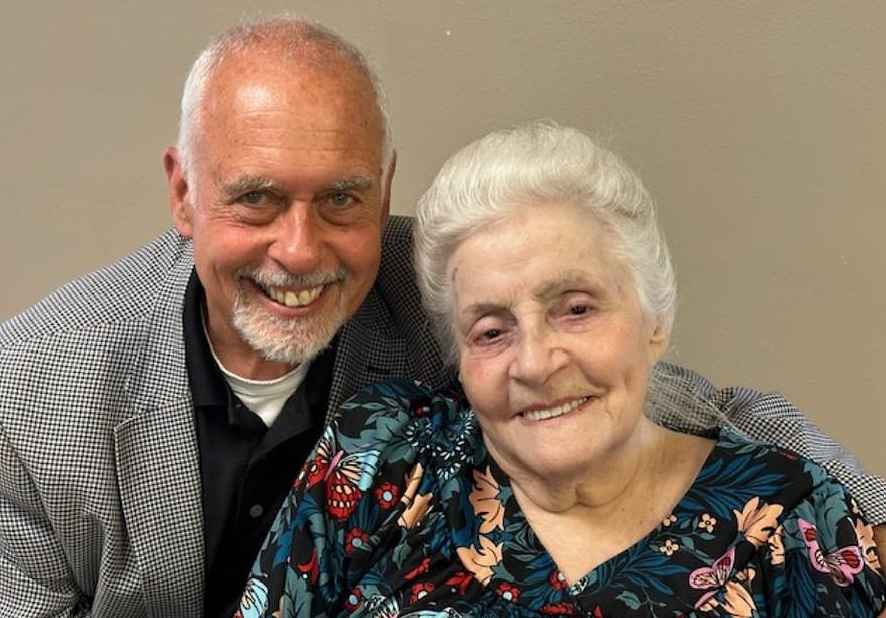


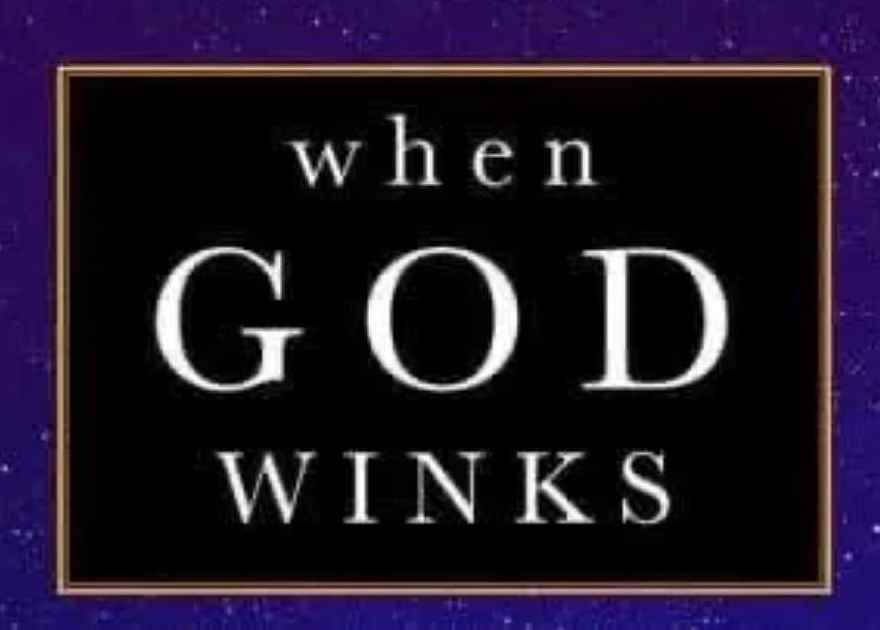
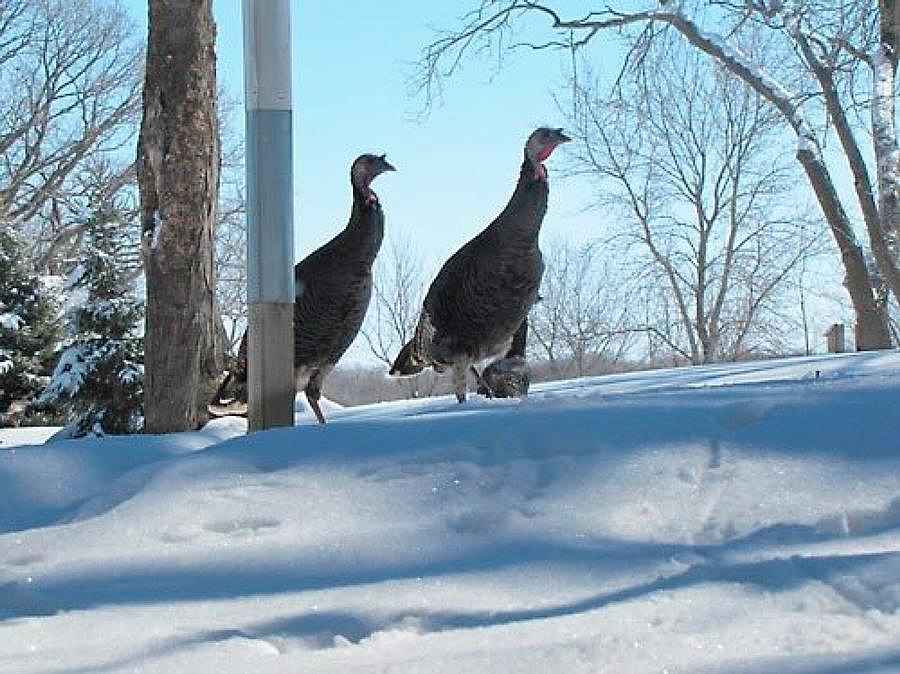
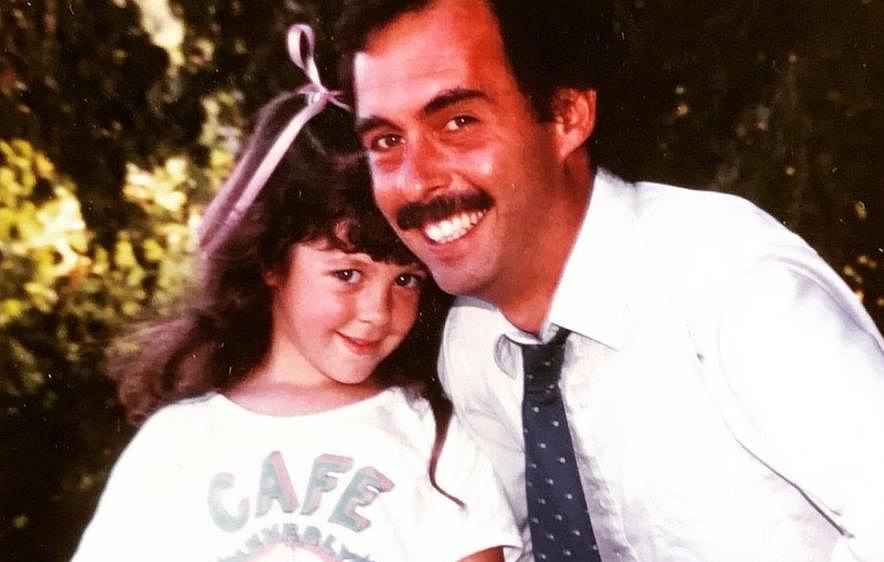

See listing of Recent and Most Popular articles on the Home Page
My World
Category: Nature / Topics: God • Nature • Religion • Science & Technology
Imagine . . . then Consider
by Stu Johnson
Posted: June 15, 2015
Imagine how the world we live in could have been, and then consider the wonders that are there…
In the beginning, when God created the universe, the earth was formless and desolate. [1]
Imagine if the work of creation had not proceeded, or stopped far short of the world we know today. What kind of world would we be living in?
Imagine if the whole earth was like some of its most desolate and inhospitable locations, the hot arid deserts, the frigid ice-covered polar regions, swamps, constant moonless darkness, or never-ending natural disasters.
Imagine if we had all the senses we possess, but there was nothing to perceive? A murky womb-like environment. A place where a tree falling in the forest creates no sound to hear or vibration to feel, even when you stand right next to it. A place with no odors, no taste, no feeling, no sense of temperature or humidity.
Imagine the world as we know it, but if normal human perception meant only seeing the world through dim, blurry, gray lenses? Imagine standing in the spray of crashing waves, but hearing nothing, and not being able to sense the water on your skin or feel the wind on your face. Imagine standing near a railroad track with no sensation in your body of a massive freight train rumbling by. Imagine having no sense of the smell of lilacs in spring, smoky barbecues in summer, or the aroma of a holiday meal. In fact, how many of your fondest memories would not exist because you never had the sensory experience essential to the memory?
Imagine a world in which humans existed but did not have the ability to fashion tools., solve problems, communicate, create, or express any emotions.
Imagine a world devoid of the resources that make life outside a cave possible. No coal or oil (and no resources to better address our energy needs by making devices to capture energy from the wind or sun or falling water). No trees for lumber, no ores for metal (or the energy to turn it into usable objects), no silicone or rare earth elements that make computers and smart phones possible.
Imagine a world in which the physical laws that support life on earth did not exist: gravity, electromagnetism, aerodynamics, light, and all of the other mechanisms and laws described by human intelligence through scientists, made practical by inventors and engineers, and made available to us by manufacturers and retailers. Further, imagine a world where everyone had the same and very narrow set of skills, where the necssary diversity of abilities needed to make the world we live in today did not exist.
The scenarios that can be imagined are limitless. Even of those I have already expressed the examples are limited, and the other types of imaginings keep crossing my mind as I write this.
Of course, there are places on this earth that mimic the primordial, uninhabitable environment of “the formless and desolate” early phases of creation. Of course, some people are born with sensory problems or develop them later in life, so they do experience some of what could have been for all us. Of course, there are places where conditions are so desperate (by whatever cause) that people are living as if a better world cannot even be imagined.
But the world that most of us live in is full of sensory experiences, resources, and magnificent potential...and we as humans have the ability to perceive them and not just imagine that world but use our own creativity to make the world as rich as it is.
Consider the wonders
When you’re down and things don’t seem very positive, think of Job from the Old Testament, who was tested to the limits. At one point, Job’s “friend” Elihu said, “Listen to this, Job; stop and consider God’s wonders.” [2] That is something we need to do, as well. Go back through the list of “imaginings” and reflect on how wondrous the world really is. Let me mention just one example. I’m sure you can come up with many more.
Through the 1970s I was involved with the Vanguard School at Wheaton College (Illinois), a program for incoming students that used the wilderness of northern Wisconsin and the Upper Peninsula of Michigan as a setting for team-oriented and individual testing to build confidence, self-awareness, relationships and faith.
As a leader, I was sent to an Outward Bound program in western Colorado for training by going through an extended experience myself. One component of that course was a three-day “solo” in a high mountain meadow, where our ten-person group was spread out hundreds of yards apart, each with minimal provisions...and plenty of time for contemplation after nearly three weeks of intense and challenging activity as a group.
The first night I laid on my back looking skyward. Even at first sight it was magnificent, being in one of those rare dark zones in America with no light pollution from surrounding civilization. That was something I rarely saw growing up in the Chicago area. Getting away from the city on Boy Scout camping trips or summer vacations did provide starry skies, but nothing like this.
The longer I lay there, the more the sky opened up with stars beyond number, the sweeping glow of the Milky Way, an occasional airplane high above, the glimmer of a passing satellite even further away, and an increasing display of “shooting stars” as the night went on.
That was before the Hubble Space Telescope expanded our view of the universe exponentially and began producing even more incredible images, like the “Rosette Nebula” at the top of this page. Our eyes are responsive only to visible light, a narrow band in the total spectrum. Many of the spectacular images from Hubble also use radar, infrared, and other types of detection.
David, the boy hero who would become king, also looked at the night sky and expressed much of what I felt that night in Colorado:
When I consider your heavens,
the work of your fingers,
the moon and the stars,
which you have set in place,
what is mankind that you are mindful of them,
human beings that you care for them? [3]
The relative insignificance of human beings in the scope of the universe has led many to discount God. In the history of astronomy and its interpretation in popular culture, there has been a belief that the larger the known universe becomes, the more it repudiates the existence of God and the Bible as His Word. I believe just the opposite. Faith and science are not mutually exclusive. The larger and more spectacular the view of the universe becomes, the deeper is my sense of wonder and awe of God and his creation—a belief shared by former colleagues who taught in the highly respected science division at Wheaton College.
While David looked at the expanse of the sky and asked “what is mankind that you are mindful of them,” it is not a question that leads to insignificance and meaninglessness. David himself, and the Bible taken as a whole, tell the story of God’s great imagining. We are created in his image, to ourselves be creative, given responsibility (stewardship) for the world in which he placed us, and to worship him and do everything for his glory.
Sadly, the world we live in is broken and we often perceive it as murky and spoiled—as the Apostle Paul said, “For now we see in a mirror dimly.” [4] God created the world as a beautiful tapestry, much of which we can still see clearly, but humanity rebelled and the tapestry was torn.
We live in a “fallen” world. But, astonishingly, to redeem his creation, the creator himself came to live among us as Jesus, summarized in a song that was used at my church’s worship service this past Sunday:
You spoke, and worlds were formed;
You breathed, and life was born.
So far from heaven’s throne, clothed in human form,
You showed the world the Father’s love. [5]
Earth is “the visited planet.” Redemption is in process and is available to everyone. It is available in the midst of brokenness, as these words from Isaac Watt’s Christmas carol “Joy to the World” speak:
No more let sins and sorrows grow,
Nor thorns infest the ground,
He comes to make His blessings flow
Far as the curse is found... [6]
The “rest of the story” is clearly told in the Bible, and you can explore it in our Seeking God section.
Notes:
- The Bible, Genesis 1:1-2a, Good News Translation (GNT)
- The Bible, Job 37:14, New International Version (NIV)
- The Bible, Psalm 8:3-4, English Standard Version (ESV)
- The Bible, 1 Corinthians 13:12, English Standard Version (ESV)
- “You Gave Your Life Away” by Paul Baloche - See full text of lyrics
- “Joy to the World,” lyrics by Isaac Watts, music by George Frederick Handel - See full text of lyrics.
Search all articles by Stu Johnson
Stu Johnson is principal of Stuart Johnson & Associates, a communications consultancy in Wheaton, Illinois. He is publisher and editor of SeniorLifestyle, writes the InfoMatters blog on his own website and contributes articles for SeniorLifestyle. • Author bio (website*) • E-mail the author (moc.setaicossajs@uts*) • Author's website (personal or primary**)* For web-based email, you may need to copy and paste the address yourself.
** opens in a new tab or window. Close it to return here.
Posted: June 15, 2015 Accessed 1,025 times
![]() Go to the list of most recent My World Articles
Go to the list of most recent My World Articles
![]() Search My World (You can expand the search to the entire site)
Search My World (You can expand the search to the entire site)
![]() Go to the list of Most Recent and Most Popular Articles across the site (Home Page)
Go to the list of Most Recent and Most Popular Articles across the site (Home Page)
 Loading requested view...
Loading requested view...